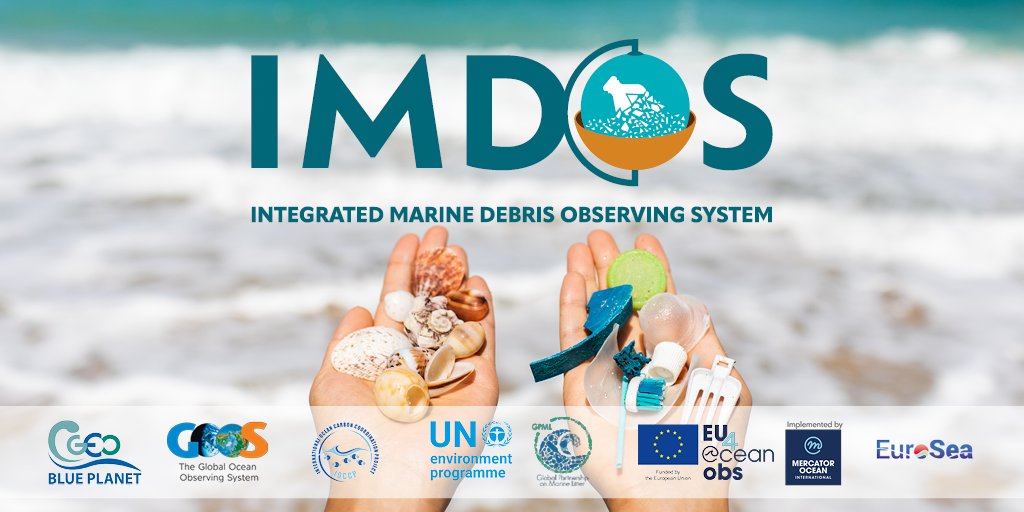The marine pollution problem may have only started in the 1950s, but it is already impacting every part of our ocean. Now, by harmonizing data, standardizing monitoring methods, leveraging technology, and harnessing the power of a global community, the Integrated Marine Debris Observing System (IMDOS) aims to support and strengthen marine debris research and inform action to tackle this growing global problem.
Knowing where plastic is, where it comes from, and how it interacts with winds, currents, and marine life is vital for developing policies and actions to tackle this global issue. “Maximenko and his collaborator shared a vision of a community working together to create a global observing system for marine debris,” says Dr Artur Palacz (Institute of Oceanology, Polish Academy of Sciences, and project officer at the International Ocean Carbon Coordination Project). The Integrated Marine Debris Observing System (IMDOS) has brought that vision to life.
IMDOS has been developed as a joint project between the Group on Earth Observations (GEO) Blue Planet Initiative, the Global Ocean Observing System (GOOS) and the UNEP Global Partnership on Plastic Pollution and Marine Litter (GPML). An Interim Steering Committee is guiding its development. Supported by funding from the European Union through the EU4OceanObs and H2020 EuroSea, Palacz, alongside Dr Audrey Hasson (Mercator Ocean International/GEO Blue Planet EU Office) and Dr Mine Tekman (Consultant for GEO Blue Planet), is acting as coordinator for IMDOS.





